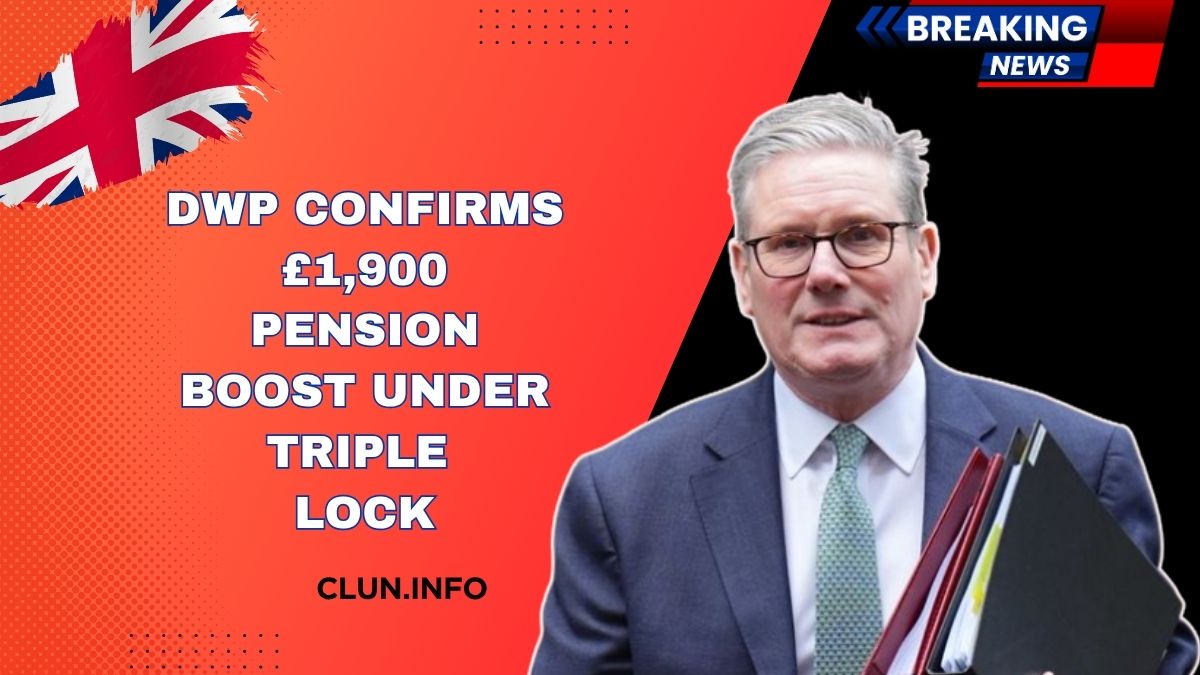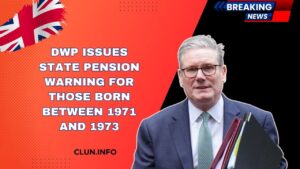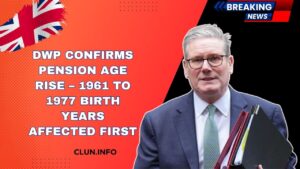The Department for Work and Pensions (DWP) has confirmed a £1,900 boost for state pensioners under the Triple Lock guarantee—a move set to help millions across England and Wales. Alongside this increase, a revised Winter Fuel Payment scheme has been introduced, targeted specifically at lower-income pensioners.
Here’s a comprehensive breakdown of the latest changes, eligibility criteria, how payments will be made, and what steps pensioners need to take.
Understanding the Triple Lock Pension Rise
The Triple Lock ensures that the State Pension increases each year by the highest of:
- Inflation (Consumer Price Index)
- Average earnings growth
- A minimum of 2.5%
In 2025, due to rising average earnings, state pensions will increase by up to £1,900 per year by the end of this Parliament. This move is intended to protect pensioners from the ongoing cost-of-living crisis.
Key Changes to Winter Fuel Payment in 2025
Alongside the pension rise, the Winter Fuel Payment system has been targeted to help those who need it most—primarily pensioners earning £35,000 or less per year.
| Aspect | Previous System | New System (2025 Onwards) |
|---|---|---|
| Eligibility | All pensioners | Only pensioners with income ≤ £35,000 |
| Payment Amount (under 80) | £200 | £200 |
| Payment Amount (80+) | £300 | £300 |
| Application Required? | No | No |
| Recovery from High Earners | Not applicable | Through HMRC (PAYE or Self-Assessment) |
| Opt-Out Option | Not available | Yes – Further details pending |
This system aims to support over 75% of pensioners while ensuring fairness to taxpayers and maintaining long-term sustainability.
How Will Payments Be Made?
The good news is that eligible pensioners will receive payments automatically this winter. No application or registration is necessary.
However, for those earning above the £35,000 threshold, the payment will still be made—but later recovered via HMRC, either through PAYE or Self-Assessment. This avoids unnecessary paperwork while preserving the integrity of the support.
Additionally, those not wanting the payment can opt out, with specific instructions expected to be released soon.
Why the Changes Were Made
These reforms are part of the government’s efforts to balance public finances while still providing vital support. According to forecasts, the updated system will:
- Cost £1.25 billion
- Save £450 million through better targeting
- Reduce universal means-testing
- Deliver fair and focused assistance
The Chancellor confirmed that while these decisions were challenging, they are essential to address the country’s fiscal challenges and improve fairness.
Who Is Affected Most?
Approximately two million pensioners with income above £35,000 will see their Winter Fuel Payment reclaimed. Those most positively impacted include:
- Pensioners earning £35,000 or less
- Households without income-related benefits
- Seniors aged 80 or above, eligible for £300 per winter
For shared households (like couples), the payment is split if both individuals are under 80 and not on Pension Credit—each receives £100.
What’s Next?
The government will soon publish:
- An equalities analysis
- Guidance for opting out
- Details on collection methods for higher earners
In the meantime, pensioners are advised to ensure their details are up to date with DWP and HMRC to avoid payment issues.
The DWP’s £1,900 Triple Lock pension boost and the targeted Winter Fuel Payment provide critical support for low-to-middle-income pensioners.
With automatic payments and no need to apply, the process remains simple. Staying informed about your eligibility ensures you won’t miss out on the help you’re entitled to.
FAQs
Who qualifies for the new Winter Fuel Payment in 2025?
Pensioners with an annual income of £35,000 or less in England and Wales. Those aged 80+ receive a higher payment.
How much will I get under the new system?
You will receive £200 if under 80 or £300 if over 80. Couples may receive £100 each if not on Pension Credit.
Do I need to apply for the payment?
No. Payments are made automatically. If your income is above the threshold, it will be reclaimed through HMRC.




